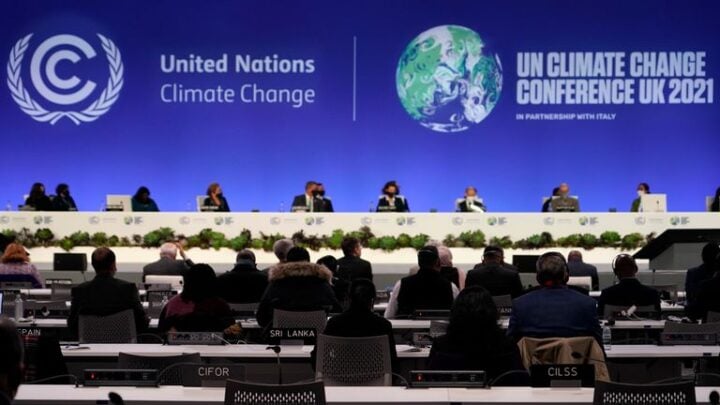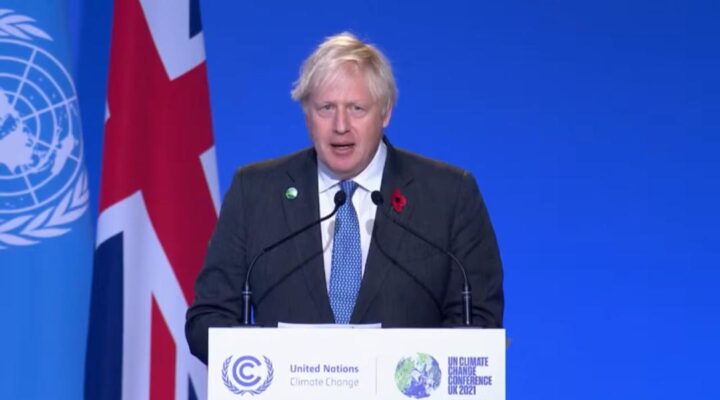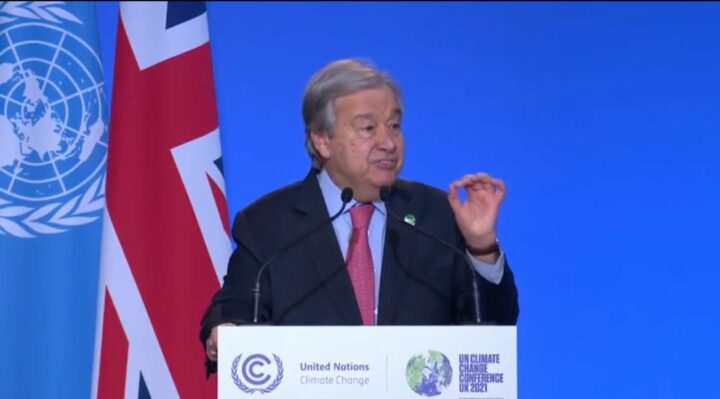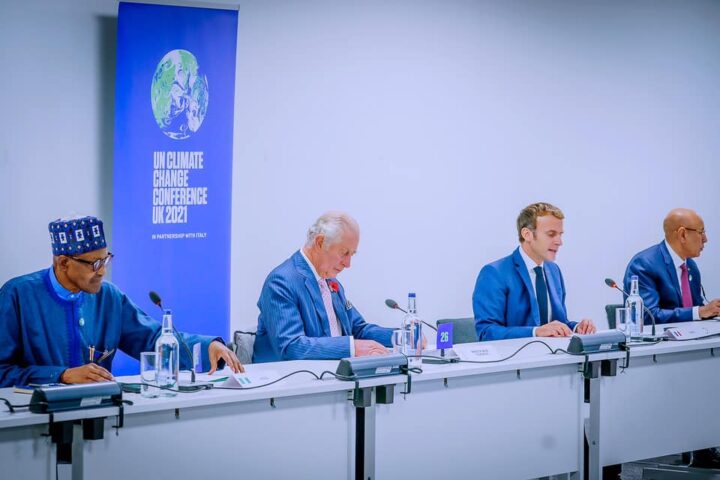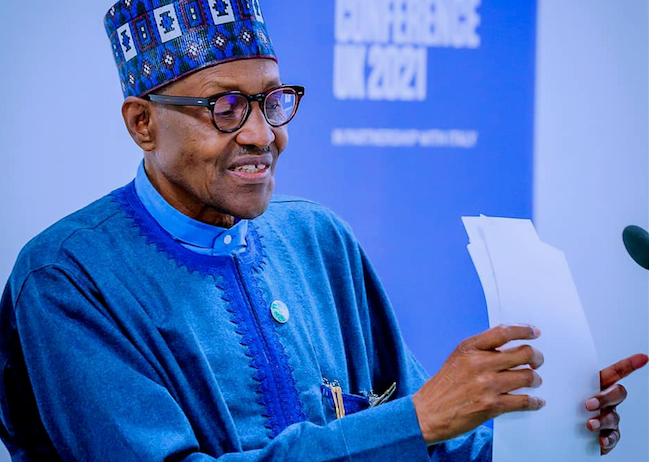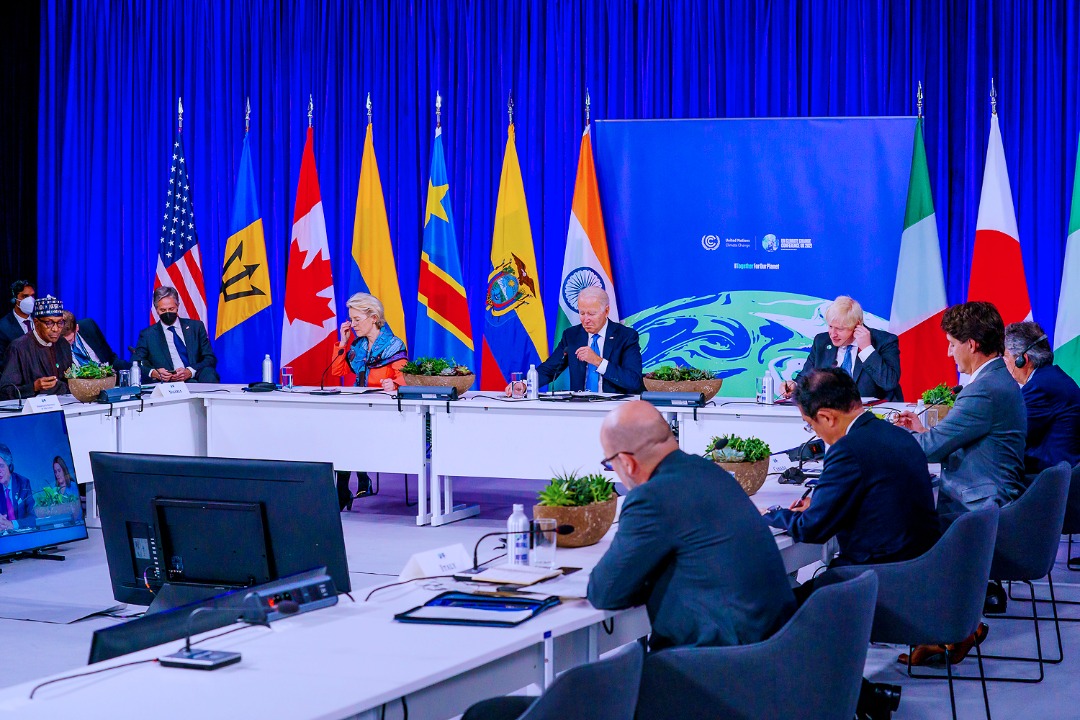Despite directly impacting our communities, health and livelihood, climate-related reports usually take a back seat to dominant news beats like politics and business. Climate Watch aims to ensure you never miss important stories on climate change and actions being taken towards limiting its impact.
Here is a round-up of last week’s climate stories:
- The United Nations climate change conference, otherwise known as COP26, officially opened on October 31, and negotiations are expected to begin in earnest today. World leaders, delegates, organisations as well as activists arrived over the weekend for the conference. The conference is expected to run till November 12 and would feature discussions on meeting the 2015 Paris agreement goals and best ways to keep 1.5C within reach. COP26 has a particular urgency because it is believed to be the world’s last best chance to get the runaway climate change under control. This is why a lot is expected from COP26. Read more on the expectations here.
- President Muhammadu Buhari on Sunday left the country for Scotland to attend COP26. After attending the climate summit, the president will visit France to participate in the 2021 Paris Peace Forum. At COP26, Buhari’s address is expected to highlight Nigeria’s key priorities and actions to tackle climate change as well as the progress report on the country’s transition to a low carbon economy.
Advertisement
- Sharon Ikeazor, minister of state for environment, on two occasions last week called on developed countries to fulfill their $100 billion pledge to support developing countries to build resilience against climate change. Ikeazor said although developed countries are close to achieving the $100bn target, they need to show more commitment to deliver on the promise. She called on them to boost non-financial efforts in climate change adaptation, such as education. The minister also asked that they recommit to providing climate finance in line with the NDCs. More on this here.
- Global Initiative for Food Security and Ecosystem Preservation (GIFSEP), a non-governmental organisation, has started a climate justice grassroots movement to mobilise Nigerians from communities affected by climate change to lobby the federal government to attend to their concerns. Joseph Ibrahim, GIFSEP programme officer, said the organisation will give the communities the platform to express their plight to their representatives in government. Find out more about the movement here.
- President Muhammadu Buhari says the impact of climate change on Lake Chad has contributed to the rising insecurity in northern Nigeria and neigbhouring African countries. He said the drying-up of Lake Chad is fueling insurgency. Speaking at the Future Investment Initiative Summit in Riyadh, Saudi Arabia, Buhari called for public-private partnerships to support investment efforts to recharge Lake Chad, adding that such collaboration will address insecurity in West Africa. More on this here.
Advertisement
- As the world battles the impacts of climate change, the World Bank has warned that 130 million people may be pushed into poverty in 2030 and another 200 million forced to migrate by 2050. David Malpass, World Bank president, said tackling climate change will require major investments in the social, economic, and technological sectors. He advised that to achieve climate objectives, it will be critical for countries to integrate climate and development by identifying projects that can help to build resilience and adaptation. He said countries should prioritise and channel their resources and finance toward these areas in order to maximise impact.
Add a comment
